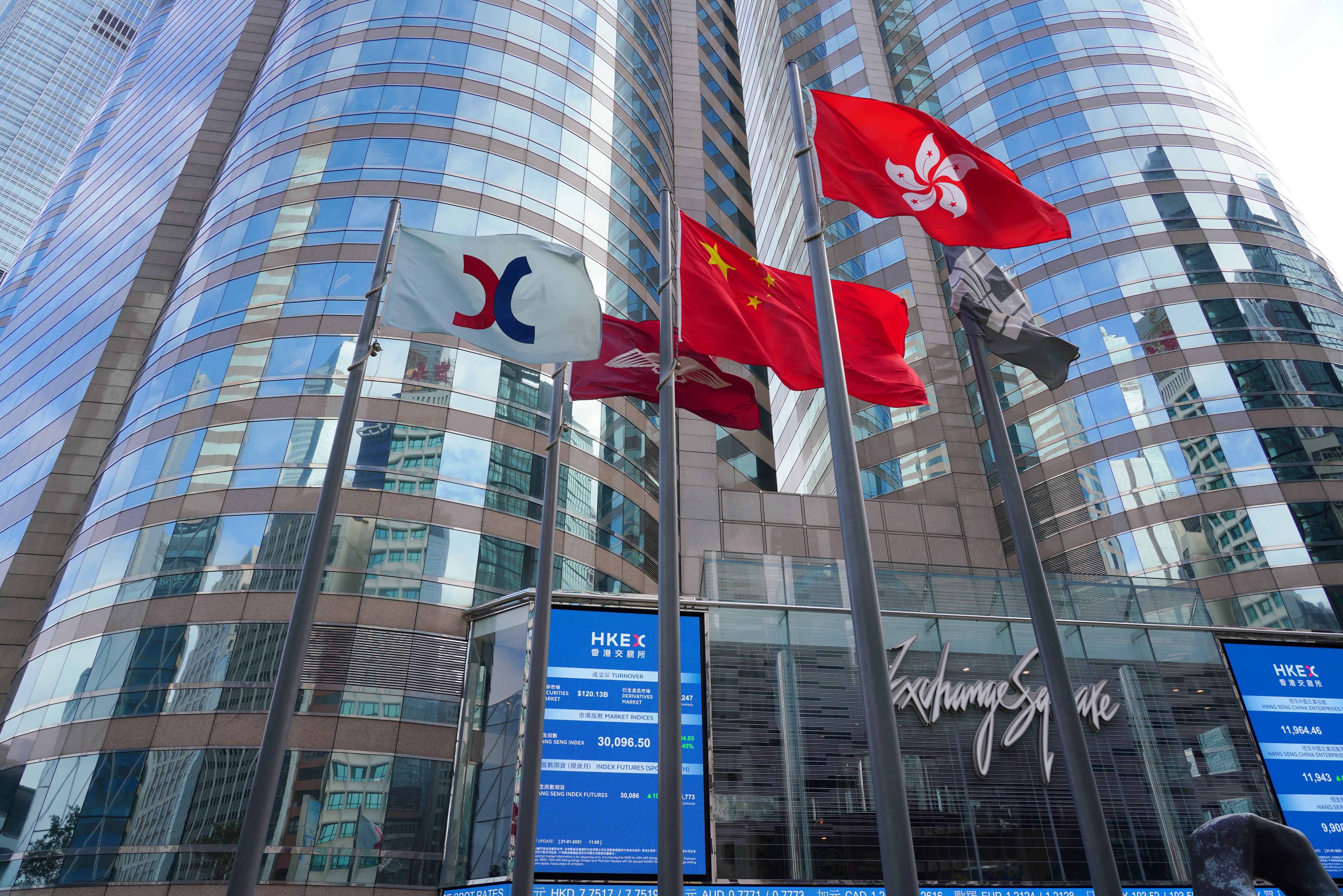Hong Kong shares of dual-listed Chinese companies including Nio, JD.com and Alibaba plunged in Friday trade after fears of U.S.-delisting resurfaced.
By Friday afternoon in the city, shares of tech behemoth Alibaba fell 6.56%. EV maker Nio, which debuted in Hong Kong a day earlier, saw its shares plunge 11.64%. Baidu declined 5.14% while NetEase slipped 6.94%.
JD.com plummeted 15.67% after reporting a quarterly loss on Thursday.
The broader Hang Seng Tech index dropped 7.55%.
Those losses tracked declines for some U.S.-listed Chinese stocks overnight amid renewed concerns over potential delistings stateside.
The U.S. Securities and Exchange Commission recently named five U.S.-listed American depositary receipts of Chinese companies which they said failed to adhere to the Holding Foreign Companies Accountable Act. ADRs represent shares of non-U.S. firms and are traded on U.S. exchanges.
The China ADRs flagged by the SEC are the first to be identified as falling short of HFCAA standards. The act permits the SEC to ban companies from trading and even be delisted from U.S. exchanges if regulators stateside are unable to review company audits for three consecutive years.
Still, UBS Global Wealth Management’s Hartmut Issel remains positive on the affected Chinese stocks, though he admits it’s “not for the faint hearted.”
The fundamental value of these companies will not be affected, Issel, head of Asia-Pacific equities and credit at the firm, told CNBC’s “Street Signs Asia” on Friday: “Virtually all of them, the big ones anyway, these ADRs … their business is exclusively in China.”
“Virtually now all of them have also Hong Kong listing,” Issel added. “As an investor you just have to move over if there is an actual delisting [in the U.S.].”
Furthermore, he said: “We do know that the Chinese and also U.S. authorities are in contact, they could salvage it.”
— CNBC’s Bob Pisani contributed to this report.
